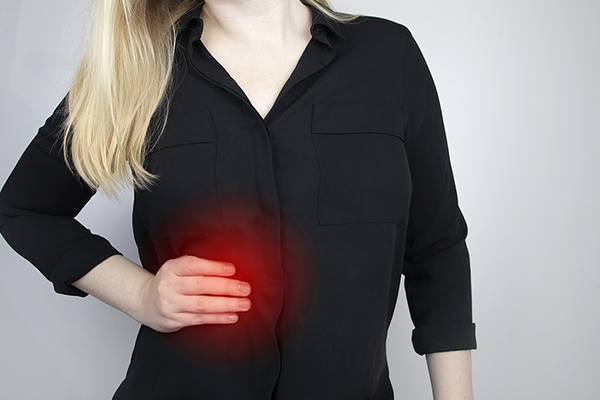The simplest definition of Crohn’s disease is chronic inflammation that occurs in the digestive tract, but there’s more to it than that. Your digestive tract stretches from mouth to anus, and Crohn’s disease can affect any part of that lengthy system of organs. Knowing which part is key — it determines which of the five types of Crohn’s disease you have.
Crohn’s disease is a type of inflammatory bowel disease [IBD], and we don’t know for sure why it develops. In general, certain symptoms, such as abdominal cramps, fatigue and weight loss, are common among people with Crohn’s disease. Symptoms can vary from type to type, however, and may affect how your gastroenterologist approaches treatment. We have a variety of options for treating Crohn’s disease ranging from medications and avoidance of certain foods and liquids to surgery.
Let’s take a closer look at the five types of Crohn’s disease.
1. Crohn’s Colitis
Also known as granulomatous colitis, Crohn’s colitis affects the colon (large intestine). If you have Crohn’s colitis, you may experience:
- Bleeding from the rectum
- Diarrhea
- Joint pain
- Skin sores
- Ulcers, abscess or other problems around the anus
2. Gastroduodenal Crohn’s Disease
This type of Crohn’s disease causes inflammation of the stomach and the duodenum, which is the first part of the small intestine. You may have a low appetite, which can lead to weight loss — both are symptoms of gastroduodenal Crohn’s disease. Other signs include nausea and vomiting.
3. Ileitis
Ileitis affects the ileum, which is the end of the small intestine that connects to the colon. If you have ileitis, your symptoms may include:
- Abdominal cramps, pain or abscess
- Abdominal fistula, which is an abnormal connection between two organs caused by inflammation
- Diarrhea
- Weight loss
4. Ileocolitis
The most common kind of Crohn’s disease, ileocolitis affects the last part of the small intestine and the entire colon. The symptoms of ileocolitis are similar to those of ileitis, although the former does not typically cause abdominal fistulas or abscess.
5. Jejunoileitis
This type affects the mid-small intestine. Like other types of Crohn’s disease, jejunoileitis can cause abdominal cramps and pain, but they tend to occur after meals. You may also experience diarrhea. Prolonged or severe inflammation can cause fistulas.





